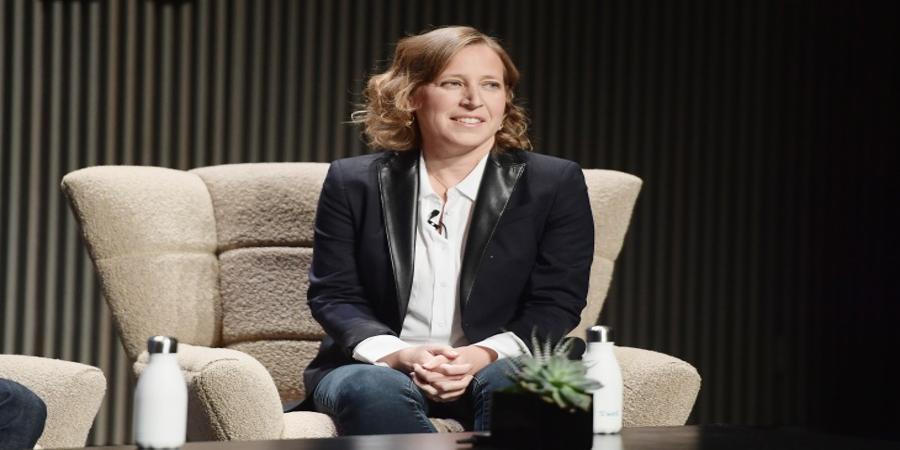Susan Wojcicki is stepping down as YouTube CEO after nine years at the helm. In a letter to employees (first published by Recode), Wojcicki says that she’s leaving in order to “start a new chapter focused on my family, health and personal projects I’m passionate about.”
“Today, after nearly 25 years here, I’ve decided to step back from my role as the head of YouTube,” Wojcicki wrote. “The time is right for me, and I feel able to do this because we have an incredible leadership team in place at YouTube.”
Wojcicki will be replaced by Neal Mohan, YouTube’s longtime chief product officer. Mohan came to Google with the tech giant’s DoubleClick acquisition in 2007, and — as his responsibilities grew — he was promoted to SVP of display and video ads before assuming his current role in 2015. As for Wojcicki, she says that she’ll take on an “advisory role” across Google and Alphabet, offering counsel and guidance.
“I plan to support Neal and help with the transition, which will include continuing to work with some YouTube teams, coaching team members, and meeting with creators,” Wojcicki continued. “With all we’re doing across [YouTube] Shorts, streaming and subscriptions, together with the promises of AI, YouTube’s most exciting opportunities are ahead, and Neal is the right person to lead us.”
Wojcicki — Google’s 16th employee, and briefly co-founders Sergey Brin and Larry Page’s landlord — worked as Google’s first marketing manager in 1999 and later led the company’s online ad businesses and original video services including Google Video, AdWords, AdSense, DoubleClick and Google Analytics. After observing the success of YouTube throughout the early 2000s, she suggested that Google should buy it.
Google ended up spending $1.65 billion on YouTube in 2006, and Wojcicki was appointed CEO in 2014. Under her leadership, YouTube grew to more than 2.6 billion active users (up from 1.1 billion in 2014), 80 million of which now pay for the platform’s $11.99-per-month premium service.
In 2022, YouTube generated $29.2 billion in ad sales — more than 10% of Alphabet’s total revenue.
As CEO, Wojcicki emphasized new YouTube apps and experiences designed to cater to gaming, family and music segments. She spearheaded YouTube’s ad-free subscription offering, YouTube Premium (formerly known as YouTube Red) and the platform’s over-the-top streaming TV product, YouTube TV. And she oversaw efforts to develop diverse forms of monetization for YouTube creators, like channel memberships, merchandise and paid digital goods.
Perhaps more importantly, Wojcicki responded to allegations — some would argue inelegantly — that YouTube’s algorithm encouraged hate speech and violent extremism by tightening the platform’s enforcement policies. In a separate note shared to the YouTube Creators blog today, Wojcicki spoke to creators directly.
“It was a constant highlight of my job to sit down with you, hear how you were using the platform, and listen to feedback,” she said. “Sometimes what you said was tough and candid, but it was important for me and the wider YouTube team to listen and do better.”
thank you @SusanWojcicki for all your amazing work over the years to make YouTube home for so many creators ♥️ pic.twitter.com/T2t2NUqRsW
— YouTube Creators (@YouTubeCreators) February 16, 2023
Wojcicki was named “the most important person in advertising” as well as named one of Time’s 100 most influential people in 2015 and described in a later issue of Time as “the most powerful woman on the Internet.”
“Susan has a unique place in Google history and has made the most incredible contribution to products used by people everywhere,” Page and Brin said in a statement obtained by Recode. “We’re so grateful for all she’s done over the last 25 years.”
Source @TechCrunch



